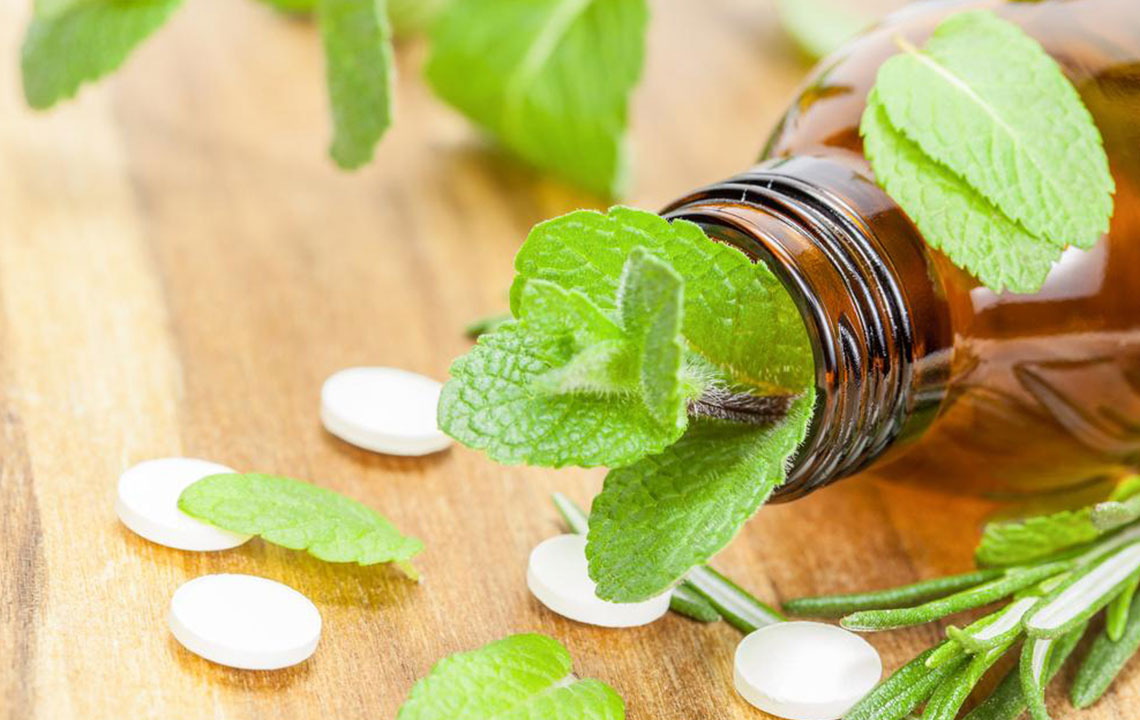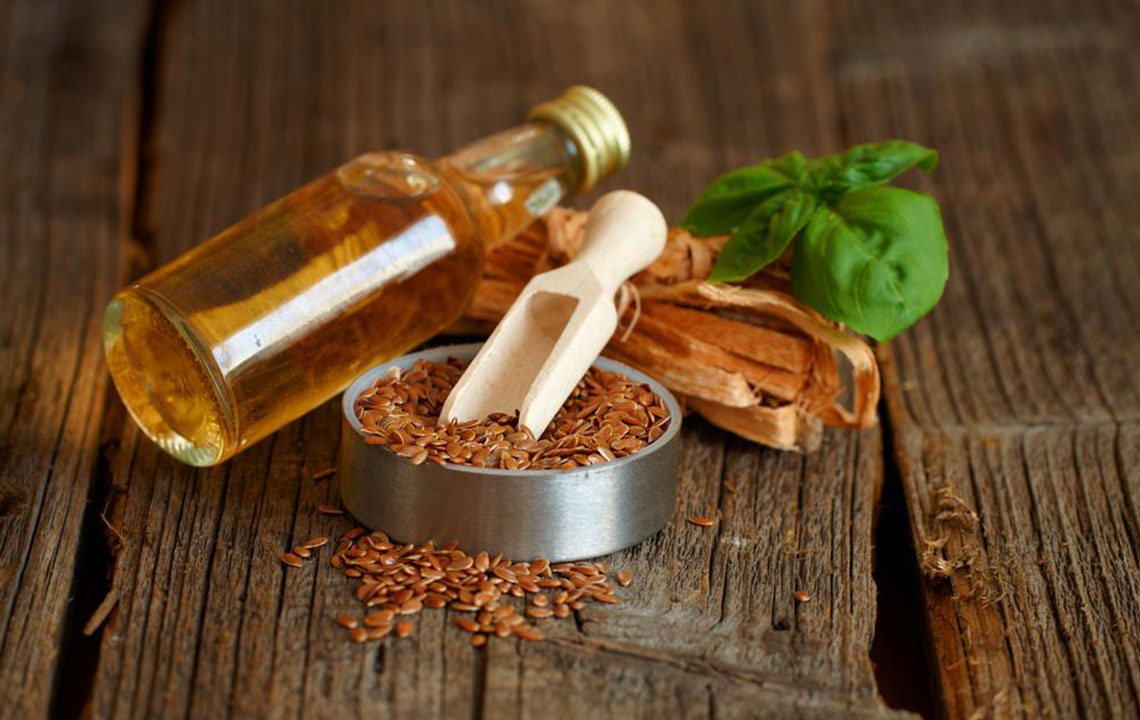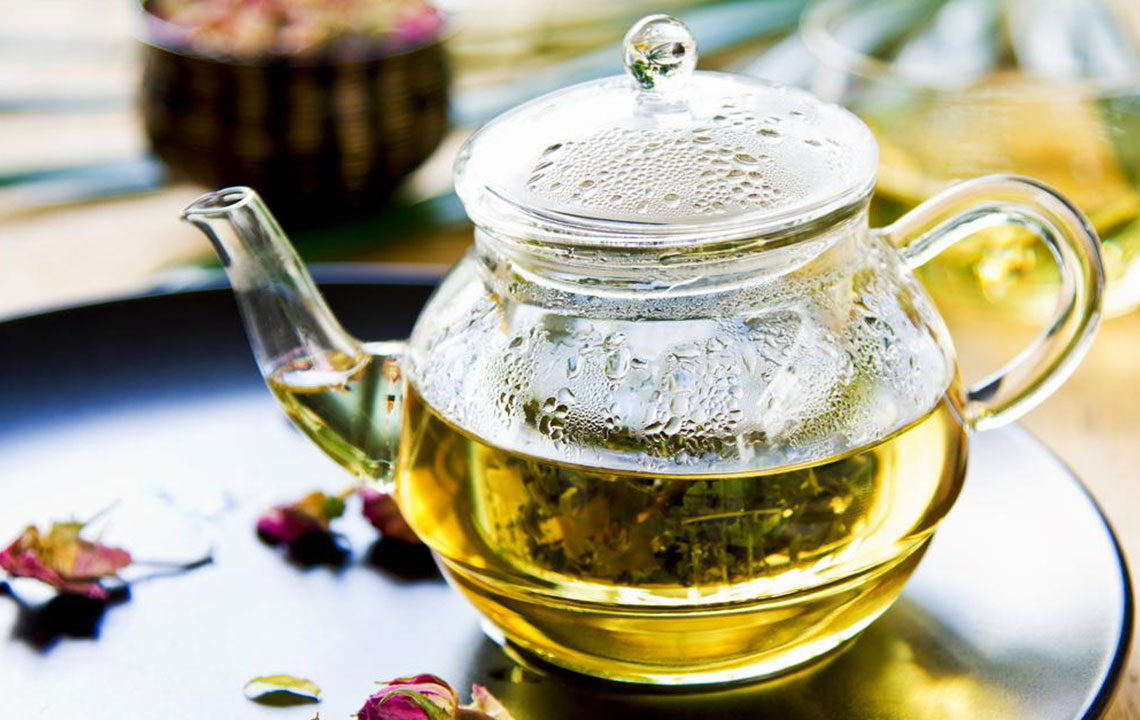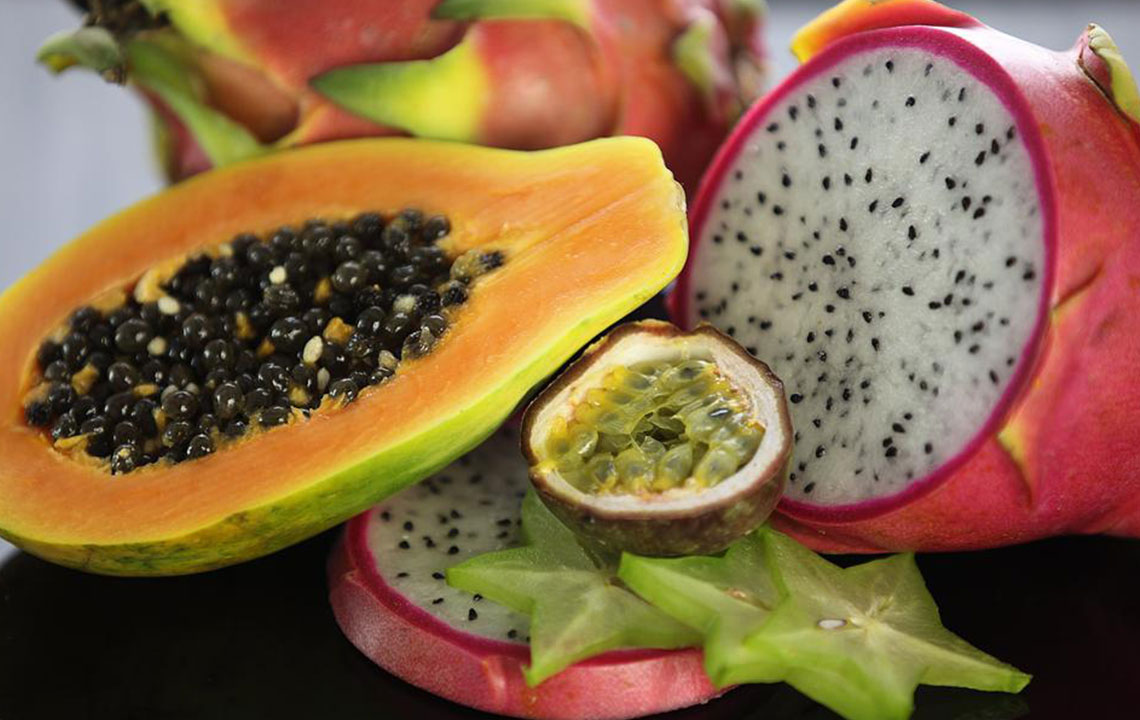Comprehensive Guide to Top 6 Natural Herbs for Anxiety Relief and Better Sleep
Discover the top six natural herbs effective in alleviating anxiety and improving sleep quality. From chamomile and valerian root to passionflower and Ashwagandha, this comprehensive guide explores safe, herbal alternatives to pharmaceuticals. Learn how these herbs can help manage stress, reduce nervous tension, and promote restful sleep naturally. Ideal for those seeking a holistic approach to mental health and sleep issues, this article provides detailed insights into each herbal remedy’s benefits, proper usage, and safety considerations to ensure effective, natural relief.

Comprehensive Guide to Top 6 Natural Herbs for Anxiety Relief and Better Sleep
In the modern world, the fast-paced lifestyle, relentless workload, and constant exposure to stressors have significantly impacted mental health and sleep quality for millions of individuals worldwide. Many underestimate the importance of mental well-being, often dismissing feelings of anxiety, restlessness, and difficulty sleeping as normal parts of life. However, these issues, if left unaddressed, can lead to chronic health problems, decreased productivity, and reduced quality of life. The good news is that nature provides a variety of herbal remedies known for their calming and sleep-enhancing properties, offering a safer and more natural alternative to pharmaceutical medications.
Stress comes from multiple sources, including financial worries, demanding work environments, relationship conflicts, health concerns, and emotional struggles. When faced with these challenges, the body responds with physical symptoms such as rapid heartbeat, shallow breathing, muscle tension, and feelings of dread, all of which interfere with restful sleep and mental clarity. While many turn to prescription sleep aids and anti-anxiety medications, the potential for dependency and side effects makes them less ideal for long-term management. Therefore, exploring natural herbs can be a viable strategy for enhancing relaxation, reducing anxiety, and promoting restorative sleep without adverse effects.
Chamomile: Nature’s Calming Tea
Chamomile, a perennial flowering plant belonging to the daisy family, has been cherished for centuries for its soothing properties. Its gentle sedative effects can help calm nerves, reduce anxiety, and facilitate sleep. A simple method to incorporate chamomile into your routine is through tea infusion. When consumed, chamomile activates specific receptors in the brain that promote relaxation, akin to the mechanism of certain pharmaceutical sedatives like Valium, but without the associated risks of dependency.
Studies have shown that drinking chamomile tea before bedtime can decrease the severity of insomnia, especially in individuals suffering from generalized anxiety disorder (GAD). Its mild sedative qualities help ease nervous tension and promote a peaceful night's sleep. Apart from its calming effects, chamomile also possesses anti-inflammatory and antioxidant properties, contributing to overall well-being. Regular consumption as part of a bedtime ritual can significantly improve sleep quality and reduce feelings of restlessness and anxiousness.
Valerian Root: A Natural Sleep Aid and Anxiety Reducer
Valerian root, derived from the Valeriana officinalis plant native to Europe and Asia, has a long-standing reputation as a herbal remedy for sleep disturbances and anxiety. Its sedative properties stem from its ability to increase gamma-aminobutyric acid (GABA) levels in the brain, which helps to calm neural activity and induce sleepiness. Valerian is commonly consumed in capsule form, as tinctures, or brewed as herbal tea. Raw root has a strong aroma and taste, which some may find unpalatable, so pre-prepared extracts are a popular choice.
Individuals using valerian often experience quicker sleep onset, improved sleep quality, and greater relaxation. It is especially beneficial for those experiencing occasional insomnia or stressful periods that disrupt normal sleep cycles. However, caution should be exercised when combining valerian with other sedatives or alcohol, as excessive sedation may occur. Pregnant women and individuals with liver issues should consult healthcare professionals before use. Long-term use has generally been deemed safe when taken as directed, providing a natural alternative to pharmaceutical sleep aids with fewer side effects.
Hops: An Ancient Relaxant
Hops, best known as an essential ingredient in beer brewing, have a surprising role as a natural sedative and anxiolytic remedy. Extracts from hop cones contain volatile oils and bitter acids that promote relaxation and reduce nervous tension. Clinically, hops are often combined with other calming herbs such as chamomile or valerian root to enhance their sleep-inducing effects. Hops tinctures or capsules are available for those seeking natural stress relief and improved sleep quality.
Research indicates that hop extracts can decrease anxiety levels, alleviate insomnia, and improve overall sleep efficiency. However, because hops can potentiate the effects of certain medications, individuals on prescription sedatives must exercise caution to avoid adverse interactions. Furthermore, pregnant women and individuals with hormonal concerns should seek medical advice before using hop-based remedies. When used responsibly, hops provide a gentle, natural way to unwind after a stressful day and support restful sleep.
L-theanine: The Calmness Booster Found in Green Tea
L-theanine, an amino acid naturally present in green tea leaves, is renowned for its unique ability to promote alert relaxation without causing drowsiness. Unlike caffeine, which stimulates the central nervous system, L-theanine enhances alpha wave activity in the brain, leading to a state of relaxed focus and mental clarity. Additionally, it helps lower heart rate and blood pressure, making it an effective natural option for reducing anxiety and fostering peaceful sleep.
Many individuals incorporate green tea or L-theanine supplements into their daily routine to manage stress and improve sleep quality. L-theanine is particularly favored for its ability to promote calmness during the day without interfering with alertness, making it suitable for stressful work environments or moments requiring mental focus. Its gentle action supports healthy nervous system function, and studies suggest that regular intake can lead to a reduction in anxiety symptoms and an overall sense of well-being.
Passionflower: Nature’s Sleep Enhancer
Despite its passionate name, passionflower (Passiflora incarnata) is a calming herb that has been used traditionally to treat nervous tension, insomnia, and anxiety. It contains several bioactive compounds that act as natural sedatives, helping to soothe the nervous system and improve sleep quality. Passionflower extracts or teas are popular choices for those seeking a gentle but effective remedy to ease restlessness and promote restful sleep.
It is important to note that passionflower can cause drowsiness and should be used with caution, especially when combined with other sedatives or alcohol. Long-term use should also be monitored by a healthcare professional. Although generally considered safe, some individuals may experience allergic reactions or gastrointestinal discomfort. Incorporating passionflower into a relaxing bedtime routine can significantly improve sleep duration and reduce daytime nervousness, contributing to better mental health and overall relaxation.
Withania somnifera (Ashwagandha): The Adaptogen for Stress and Sleep
Originating from India, Withania somnifera, commonly known as Ashwagandha, is a groundbreaking adaptogenic herb prized in Ayurvedic medicine. It has gained popularity worldwide for its remarkable ability to combat chronic stress, reduce cortisol levels, and promote mental resilience. Ashwagandha’s calming effects help alleviate symptoms of anxiety and depression, supporting a balanced mood and better sleep without causing sedation or drowsiness.
Many users find that supplementing with Ashwagandha helps manage the physiological impacts of stress, leading to improved sleep patterns and increased energy levels during the day. Its anti-inflammatory and immune-boosting properties further enhance overall health. While generally safe, it is advisable to consult healthcare providers before starting long-term supplementation, especially for pregnant women, breastfeeders, and individuals on medication. Incorporating Ashwagandha into daily routines provides a holistic approach to regulating stress, anxiety, and sleep issues naturally.





